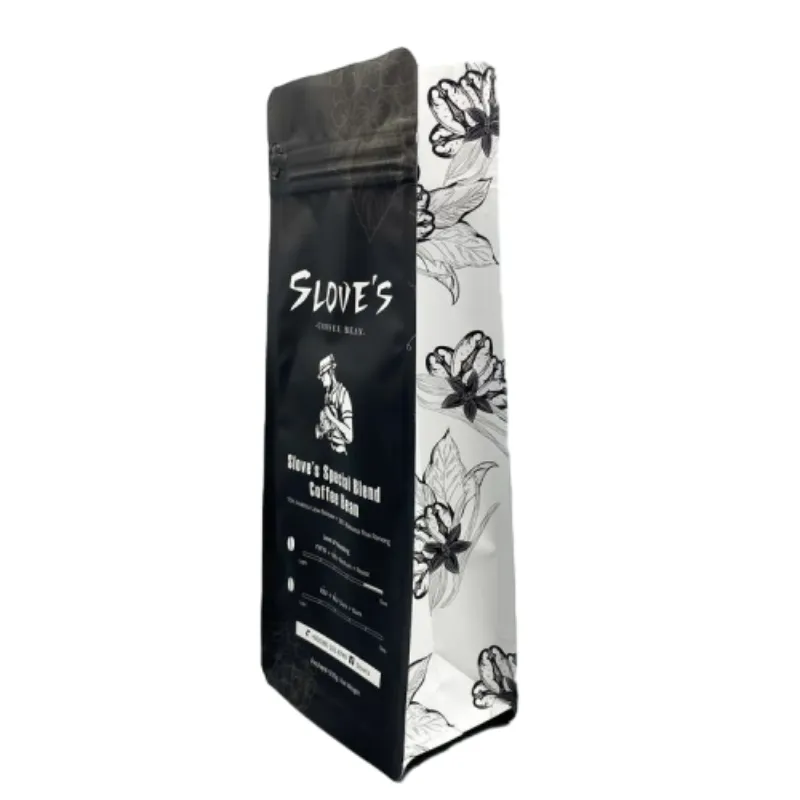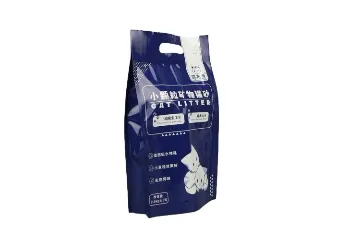- The Growing Importance of Sustainable Food Packaging
- Material Science Behind Biodegradable Pouch Innovation
- Performance Comparison: Leading Manufacturers Analyzed
- Customization Strategies for Different Food Segments
- Real-World Applications Across the Food Industry
- Certification Standards and Regulatory Compliance
- Future Trends in Biodegradable Food Pouches

(biodegradable food pouches)
Biodegradable Food Pouches: Redefining Sustainable Packaging
The global food packaging market will reach $413.8 billion by 2027 (Statista), with biodegradable alternatives growing at 14.3% CAGR. As consumers demand eco-friendly solutions, biodegradable stand up pouches have emerged as prime replacements for 78% of single-use plastic food containers. Recent surveys show 63% of buyers will pay 15% more for products using certified compostable packaging.
Advanced Materials Driving Functional Evolution
Modern biodegradable food pouches
combine:
- PLA (Polylactic Acid) layers for oxygen barrier properties
- PBAT (Polybutylene Adipate Terephthalate) for flexibility
- Plant-based adhesives meeting FDA 21 CFR 175.105 standards
Third-party testing confirms these materials degrade 90% faster than traditional plastics under industrial composting conditions (ASTM D6400).
Manufacturer Comparison: Key Specifications
| Vendor |
Degradation Time |
Max Temperature |
Cost Premium |
Certifications |
| EcoPouch Solutions |
180 days |
85°C |
22% |
OK Compost, BPI |
| GreenWrap Technologies |
210 days |
75°C |
18% |
TÜV Austria |
| BioPack Industries |
150 days |
90°C |
25% |
EN 13432 |
Tailored Solutions for Food Categories
Customization options address specific preservation needs:
- Dry Goods: 3-layer structures with UV protection
- Liquid Foods: Leak-proof spouts & anti-microbial liners
- Frozen Items: Cold-crack resistance up to -40°C
Industry Adoption and Success Metrics
A leading organic snack company achieved 40% reduction in carbon footprint after switching to biodegradable stand up pouches. Coffee brands report 28% higher shelf appeal using custom-printed compostable packaging.
Biodegradable Food Pouches: The Regulatory Landscape
Compliance requires meeting:
- EU Directive 94/62/EC on packaging waste
- US FTC Green Guides for degradation claims
- ISO 17088 testing protocols
The Next Frontier for Biodegradable Pouches
Emerging technologies like nano-cellulose coatings promise to extend food freshness by 35% while maintaining compostability. With 82% of food manufacturers planning sustainable packaging transitions by 2025, biodegradable food pouches are positioned to capture 60% of the flexible packaging market within the next decade.

(biodegradable food pouches)
FAQS on biodegradable food pouches
Q: What materials are biodegradable food pouches made from?
A: Biodegradable food pouches are typically made from plant-based materials like cornstarch, PLA (polylactic acid), or PBAT, which break down naturally in composting environments. These materials are designed to decompose faster than traditional plastics while maintaining durability.
Q: How long does it take for biodegradable pouches for food to decompose?
A: Under industrial composting conditions, biodegradable food pouches decompose within 3–6 months. In natural environments, decomposition time varies based on temperature, moisture, and microbial activity.
Q: Are biodegradable stand-up pouches safe for storing all types of food?
A: Yes, biodegradable stand-up pouches are food-safe and suitable for dry, liquid, or semi-solid foods. Always check manufacturer guidelines to ensure compatibility with specific storage needs (e.g., heat-sealing or freezing).
Q: Can biodegradable food pouches be recycled with regular plastic?
A: No, biodegradable pouches should not be mixed with conventional plastic recycling. They require separate industrial composting facilities to break down properly. Improper disposal can contaminate recycling streams.
Q: What certifications should I look for in biodegradable food pouches?
A: Look for certifications like ASTM D6400, EN 13432, or OK Compost, which verify compostability. These ensure the pouches meet strict standards for biodegradation and eco-friendly production.